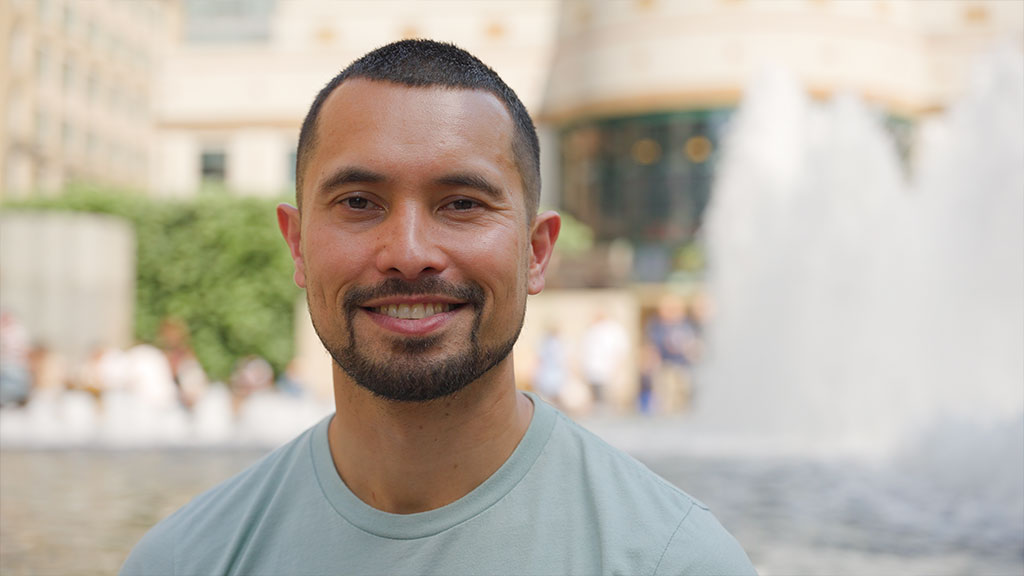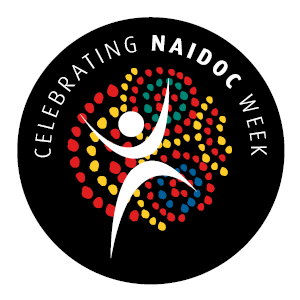
Tui Nolan
A proud Gudjal man, who grew up in Sydney, New South Wales, Tui Nolan has dedicated the past nine years of his career to advancing machine learning models.
Tui completed a Master of Science and a PhD in Statistics at the University of Technology Sydney (UTS). His innovative work in machine-learning has been applied to forecasting housing market trends, predictive economic modelling, improving robotics and satellite data, and enhancing data quality and accuracy.
In 2018, Tui was awarded a Fulbright Future Postdoctoral Scholarship, which enabled him to take on a postdoctoral position at Cornell University in 2019. In 2019 he was also awarded a Roberta Sykes Fellowship.
In 2020, Tui spent three months helping to develop RoboSimian – a limbed robot originally designed to aid recovery operations in disaster zones, but is now being repurposed for space exploration. He was one of the first Australian students to attend NASA’s Jet Propulsion Laboratory under a pilot program to create career pathways for Indigenous science, technology, engineering and maths students.
Most recently, Tui was a research fellow at the University of Cambridge, where he applied his skills in mathematics and his expertise in machine learning and biostatistics to tackle challenging problems relating to COVID-19 and primary immunodeficiency. During this time, Tui worked with a multidisciplinary team of researchers and clinicians to develop and implement data science algorithms that identified the major genetic factors contributing to the severity and recovery from the pandemic, as well as the extreme causes of primary immunodeficiency.
Tui has mentored Aboriginal and Torres Strait Islander students as they transition to university through the Jumbunna Institute for Indigenous Education and Research, the Aboriginal Summer School for Excellence in Technology and Science, Aurora Education Outreach, and the Galuwa Science Experience at UTS.
Tui is currently focusing on diabetes, through his work at Abbott, an international pharmaceutical company, where he is monitoring the accuracy of glucose measurements from a new blood measurement technology that does not require a finger-prick test from diabetes patients. Through his work, Tui is helping people with diabetes to live happier, healthier lives.
